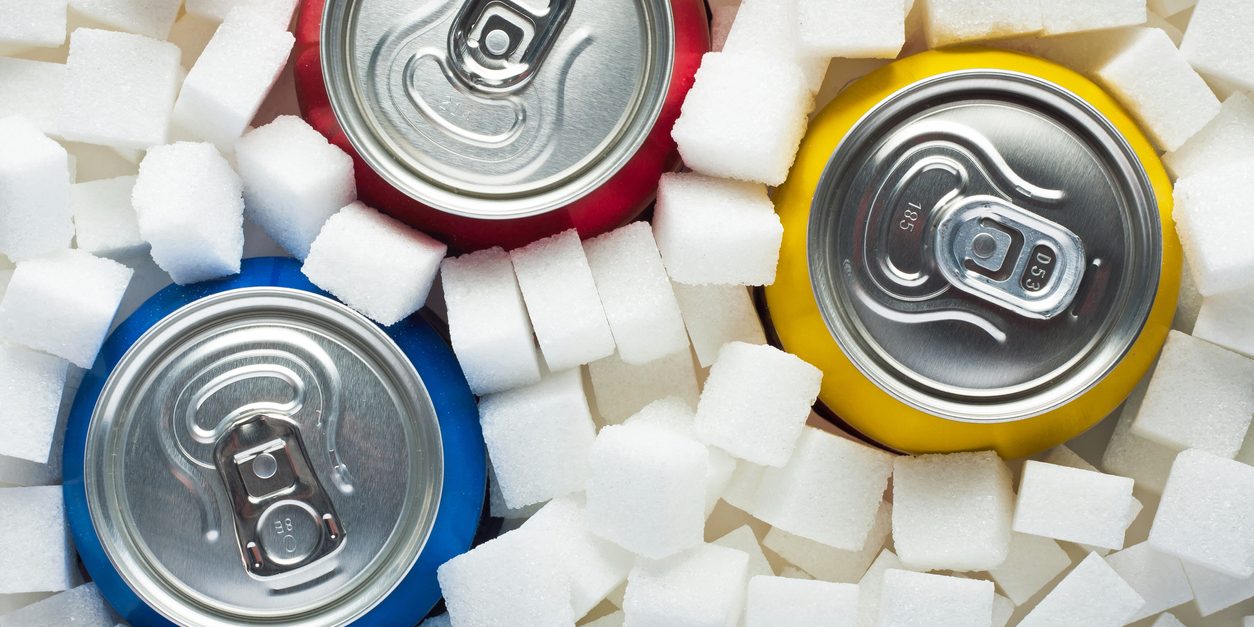
Submission to FSANZ on energy labelling on alcoholic beverages
The George Institute for Global Health is pleased to contribute a written submission to Food Standards Australia New Zealand (FSANZ) on ‘Proposal P1059: Energy Labelling on Alcoholic Beverages’.
The George Institute joins our public health and consumer colleagues in Australia and New Zealand in supporting the implementation of an energy label on alcohol beverages.
Overweight and obesity remain significant factor in ill health and early morbidity in Australia and New Zealand. Diet-related disease and overweight and obesity are two of the top three leading contributors to the burden of disease in Australia and lead to billions of dollars in direct (e.g. health care) and indirect (e.g. lost productivity) costs.
Alcohol consumption accounts for nearly 5% of our total disease burden and causes 6,000 deaths per year. While there are favourable downward trends, Australians remain heavy drinkers by world standards, therefore it is essential that initiatives to reduce the contribution of alcohol to overweight and obesity in Australia do not inadvertently make alcohol appear to be just another type of beverage.
The ways that foods and beverages are marketed and made available have a significant impact on the overall health and wellbeing of communities.
While there is no safe consumption level for alcohol, we support providing consumers with the information they need to make informed dietary decisions that will reduce the burden of chronic disease, provided measures do not create a ‘health halo’ that implies safe alcohol consumption levels.
The George Institute makes the following recommendations:
- The George Institute supports the mandatory application of information across all categories of alcoholic beverages.
- The George Institute supports the presentation of energy information to be provided in a standardised energy information panel.
- The George Institute supports the requirement for energy content to be provided in kilojoules.
- The George Institute supports the requirement of energy information to be provided per 100ml.
- The George Institute supports the requirement for energy information to be provided on all layers of packaging.
- The George Institute does not support producers being permitted to make any reference to the terms ‘serve’ or ‘serving’ on alcohol products.
- The George Institute does not support exclusions for alcohol products made and packaged on-premises (e.g., wineries)
- The George Institute does not support exclusions for alcoholic products delivered packaged and ready for consumption.
- The George Institute does not support the inclusion of percentage of daily intake or a full Nutrition Information Panel (NIP).
- The George Institute does not support energy-related claims being permitted on the labels of alcoholic beverages, including those referring to sugar and carbohydrates.
- The George Institute does not support the addition of standard drinks on the energy table. This information must be standalone to enhance salience.
- The George Institute does not support the ability of manufacturers to report calories on front of packaging and kilojoules in the energy information panel.


